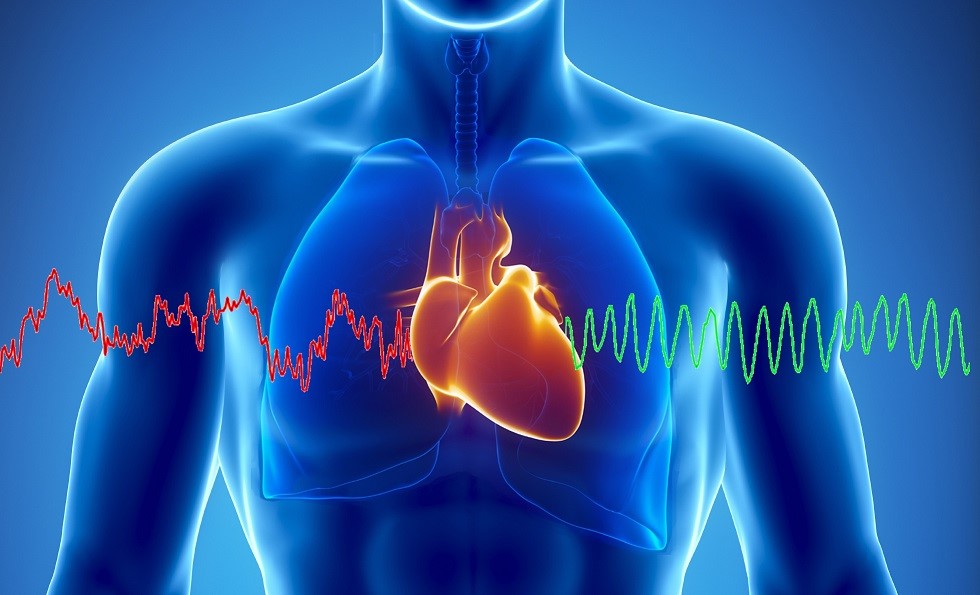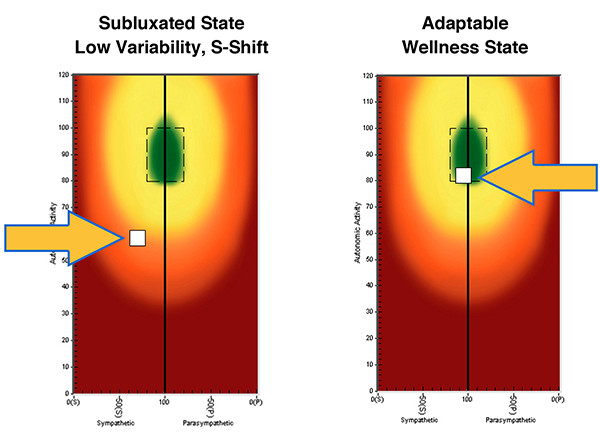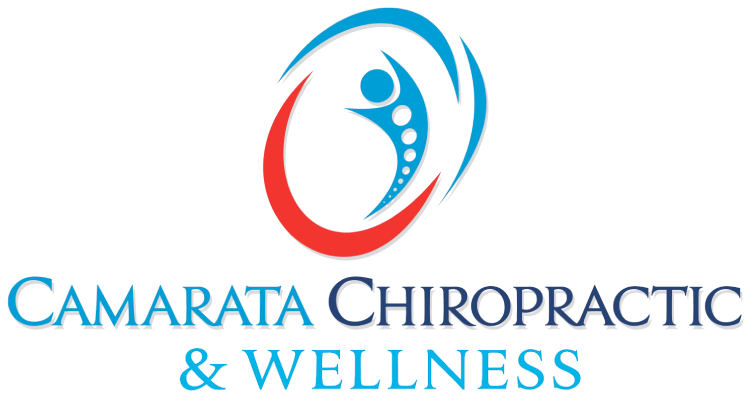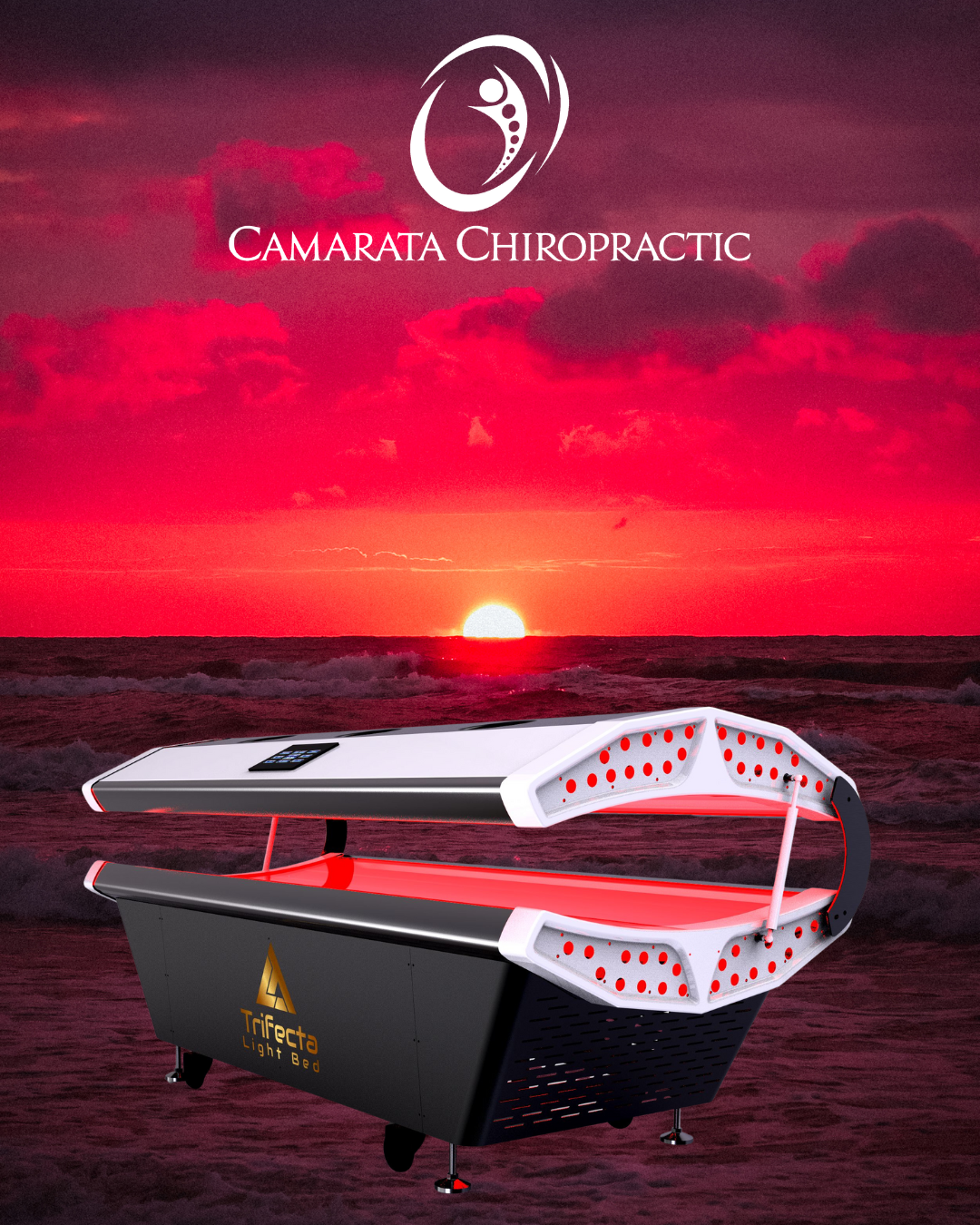Blog
Chiropractic Improves Heart Rate Variability & Organ Health

Heart Health Awareness Month
Chiropractic Improves Heart Rate Variability & Organ Health
No single disease or condition kills more people than heart disease. Over 600,000 people die of heart disease in the United States each year alone. Heart disease results in the leading cause of death for both men and women and coronary heart disease (CHD) amounts to the most common type of heart disease.
A leading method used to evaluate and monitor a person’s risk of heart disease stems from a test called heart rate variability. Heart rate variability (HRV) measures the physiological variation in time interval between beat-to-beat intervals.
“Heart rate variability is the variation in the time between each heart beat,” explains John P. Higgins, MD, MBA, a sports cardiologist at McGovern Medical School. HRV differs from heart rate. Heart rate measures the number of times a heart beats per minute. Higgins states that “Unlike your heart rate, which is calculated by counting your pulse, heart rate variability is measured at the doctor's office with a test that records the electrical activity of your heart.”
The ability to increase and lower heart rate produces a great indicator of good heart health and overall body function. The design of the human body modulates heart rate and blood pressure from second to second. A high HRV means the body can efficiently change its heart rate depending on the activity being performed by the body. The heart possesses the ability to switch gears in a heartbeat. Sometimes the heart functions at a rock steady 60 beats per minute while watching TV. Other times the fight or flight response activates and triggers an immediate need to deal with or adapt to a stressful physical or mental encounter.

"HRV is a very good measure of the efficiency and performance of your cardiovascular system,” Dr. Higgins adds. A high HRV means your heart is performing like one of those expensive cars that can go 0 to 60 in 2.7 seconds.
“Studies suggest that people who have a higher HRV are healthier and live longer with less risk of disease. A lower HRV is associated with heart attacks, strokes, and diabetes.”
The autonomic nervous system modulates HRV and includes both the sympathetic nervous system (SNS, or fight-or-flight response) and parasympathetic nervous system (PNS, or at rest system). Research proves that Chiropractic adjustments directly influence the autonomic nervous system, improving heart rate variability and increasing the heart’s ability to recognize and adapt to stressors. Health research continually proves Chiropractic adjustments influence health and function far beyond simply making a positive impact on back and neck pain.

Scientific evidence shows an intimate connection exists between the spine and the autonomic nervous system. Autonomic imbalances occur when the spine endures altered positioning or lacks a full range of motion. These imbalances add stress to the nervous system and decrease the brain’s ability to properly recognize and respond to specific needs. Nervous system interference results in lowered heart rate variability, making a person more susceptible to conditions like heart disease. A study done in 2006 showed that people who received a Chiropractic adjustment improved their HRV and lowered their risk of heart disease and other possible health problems. Spinal pain does not serve as a reliable indicator of nervous system interference similar to how pain does not serve as a reliable indicator of high blood pressure. Proactive spinal care serves as a proven method of proactive health care. Pain-free Chiropractic intervention offers better health and function to heart of every family.
Source: JMPT - May 2006, "Effect of chiropractic care on heart rate variability and pain" Zhang, Dean, Nosco, Strathopulous, Floros
‹ Back

















Comments